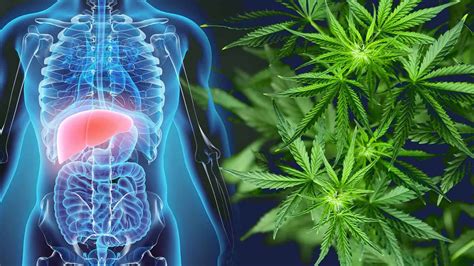Marijuana, often perceived as a harmless recreational drug, might have more risks than commonly thought. A study from Washington University Physicians suggests that its safety and addiction potential warrant a closer look. Similarly, Harvard University highlights concerns about marijuana’s impact on heart health and its effects during anesthesia. These revelations raise questions: Is marijuana truly as safe as society tends to believe?
While the legalization of cannabis has its advantages, such as regulating and taxing the product, scientists are still trying to understand its full impact. A Johns Hopkins study delves into the balance of risks and benefits, emphasizing the need for more research as social norms and products evolve.
A recent large-scale study by Stanford Medicine associates marijuana use with an increased risk of heart disease and heart attacks. The study also found that THC, marijuana’s psychoactive component, causes inflammation in blood vessel lining and contributes to atherosclerosis in laboratory mice. This evidence challenges the notion that marijuana is free of significant health risks.
Furthermore, Harvard Health outlines the specific dangers marijuana poses to heart health. The risk of heart attack is reportedly several times higher in the hour after smoking marijuana. This finding, along with other studies linking marijuana use to atrial fibrillation, brings critical attention to its cardiovascular implications.
Beyond heart health, marijuana’s impact on anesthesia is a concern. Regular users may require higher anesthesia doses, leading to increased risks like decreased blood pressure and delayed awakening. This information, highlighted by Harvard Health, underscores the importance of disclosing marijuana use before surgery.
However, marijuana’s role in pain management remains a contentious issue. While many turn to cannabinoids for pain relief, Harvard Health’s study on cannabis and pain relief suggests that the benefits might be overestimated, with a placebo effect playing a significant role.
Lastly, the potential for cannabis withdrawal cannot be overlooked. Symptoms can range from aggression and irritability to insomnia and physical discomfort. This complexity adds to the ongoing debate about marijuana’s safety profile.

In summary, while marijuana is often viewed as a benign substance, emerging research from prestigious institutions like Washington University, Johns Hopkins, and Harvard University suggests that its impact on health, particularly heart health and anesthesia, may be more significant than previously acknowledged. As the conversation around cannabis continues to evolve, it is essential to consider these findings and approach its use with caution.